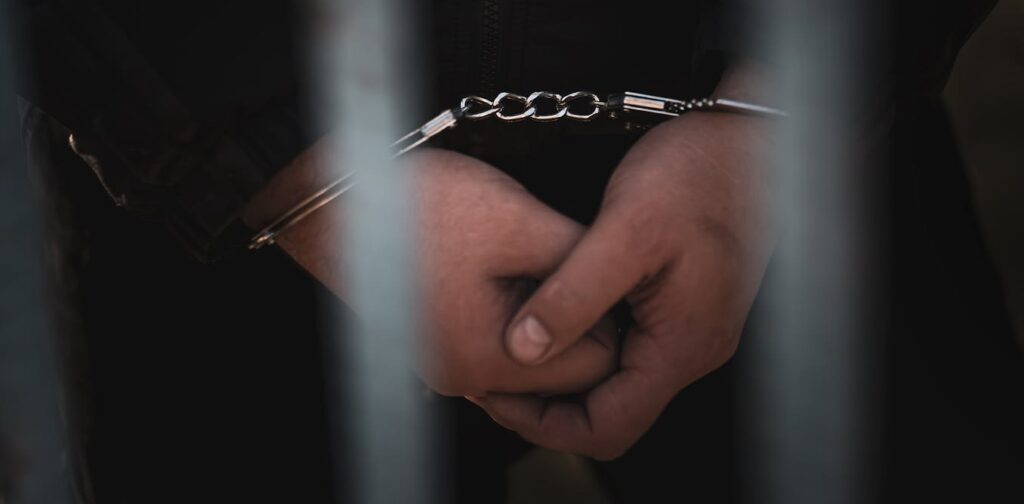The Queensland government will introduce legislation to state parliament this week to establish a public child sex offender registry, a move named “Daniel’s Law” in honour of murdered teenager Daniel Morcombe.
Premier David Crisafulli announced the details of the landmark reforms on Sunday, outlining a multi-tiered system that will allow public access to information about non-compliant or wanted offenders and permit residents to apply for images of high-risk offenders living in their local area.
The law, which fulfills a key election promise made by the LNP government, has been welcomed by Daniel’s parents, Bruce and Denise Morcombe, as a vital step forward in child protection.
The proposed legislation, which the government intends to pass before the end of the year, represents one of the most significant overhauls of the state’s management of reportable offenders.

It aims to increase community awareness and provide parents and carers with new tools to safeguard children, a principle the Premier described as putting the rights of victims and families before those of convicted paedophiles.
The government has confirmed that the new laws will also include significant safeguards and new offences to prevent the misuse of information obtained from the registry.
A Three-Tiered System for Public Access
The architecture of “Daniel’s Law” is built on three distinct components designed to balance public safety with privacy considerations.
The first and most public-facing element will be a dedicated website featuring the personal details of reportable offenders who are actively in breach of their legal obligations.
This will include individuals who have failed to comply with their reporting conditions or are wanted by police for absconding. The website will display the offender’s name, current age, and a recent photograph, with the stated aim of using public vigilance to help locate them.
The second tier of the system is an application-based process for local residents. Queenslanders will be able to make a formal application to receive images of high-risk reportable offenders who reside in their designated local area, such as a specific postcode.
Crucially, this tier will not provide access to other personal details like the offender’s name, exact address, or age, thereby limiting the information to what is necessary for visual identification and vigilance. Premier Crisafulli said this measure acknowledges that “parents have a right to protect their kids, and they have a right to be vigilant to the risks in their community.”
The third component is a targeted “right to ask” scheme, which will enable parents and official carers to apply to police for information about a specific adult who has, or will have, unsupervised contact with their child.
This allows a confidential check on individuals such as a new partner, a local coach, or a tutor, to determine if they are a reportable offender. This part of the law is not a general search tool but a specific mechanism for concerned guardians to vet individuals in positions of trust around their children.
Law Honours Legacy of Murdered Teenager
The legislation is named in honour of Daniel Morcombe, a 13-year-old boy who was abducted from a bus stop on the Sunshine Coast in December 2003 while on his way to buy Christmas presents.
His disappearance sparked one of the largest police investigations in Queensland’s history and a years-long, high-profile search led by his parents.
His remains were found in 2011, and his killer was subsequently convicted and sentenced to life in prison. In the years following their son’s disappearance, Bruce and Denise Morcombe became nationally recognized child safety advocates, establishing the Daniel Morcombe Foundation to educate children about personal safety and support young victims of crime.
In his announcement, Premier Crisafulli paid tribute to their tireless work. “In this important moment, I want to acknowledge the advocacy of Bruce and Denise Morcombe,” he said. “They are incredible Queenslanders, who from unfathomable pain have fought for change.”
Morcombe Family Welcomes ‘Positive’ Change
Bruce Morcombe, speaking after the announcement, welcomed the reforms as a meaningful part of his son’s legacy. “It’s good news in recognising Daniel’s tragedy and makes something positive come out to protect Queenslanders,” he said. “This is Daniel’s legacy at work. Daniel’s Law will make a difference and we’re really quite honoured that this legislation is named after Daniel.”
Mr. Morcombe stated his belief that the public nature of the registry would serve as a powerful deterrent, particularly for convicted offenders considering breaching their court-ordered obligations. “They will think twice before they wish to abscond or not follow the court orders as required,” he said. However, he also acknowledged the law’s limitations, noting that it was not a “silver bullet” as it would not include undetected offenders. “We all understand that,” he said, “but at least it’s a level of security that mum, dad, grandparents, and carers have that ability to check.”

